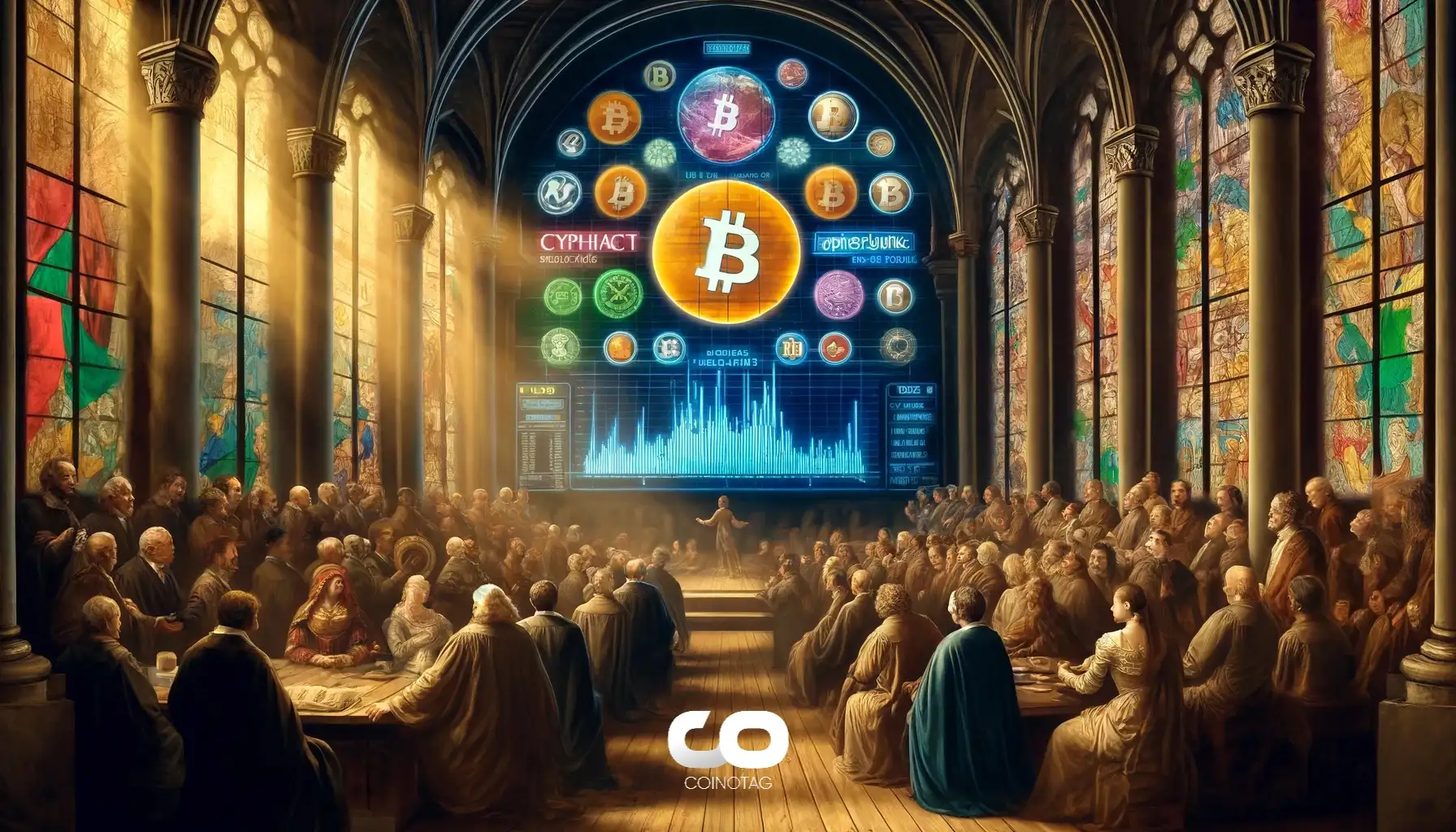Bangladesh is set for another churn. Political equations are rapidly changing. The first signs of this lie in the spike in anti-India rhetoric. The rest will be clear with the return of Tarique Zia, the exiled chief of Bangladesh Nationalist Party, in Dhaka. The chances are, he may return soon.
Tarique was sentenced in six cases. He was acquitted in two on December 2. Four were pending. His mother, former Prime Minister Khaleda Zia was acquitted in key cases on November 27. She was released from house arrest by the military, before Muhammad Yunus took oath as interim head.
Tarique has been offered a red carpet as part of an emergency plan to give the constitutionally illegal ‘interim government’ the shape of an all-party government — minus ousted Prime Minister Sheikh Hasina’s Awami League and Jatiya Party — which will conduct an early election.
The current dispensation wants to diversify its risks and put up a show of national unity against Hasina to the world. They are keen for an assured power transition to BNP.
The big question is: Would Tarique take this short-cut to power or, would he prefer to assume power through election, which BNP would inevitably win?
What makes BNP’s choice particularly difficult is the potential isolation of Bangladesh on the foreign policy front. Donald Trump’s victory in the US has limited the fall-back options of the Yunus administration, beholden to the Biden administration, to China and Pakistan.
That’s too narrow a choice for any Bangladeshi government. Should Tarique, the Prime Minister in waiting, board a sinking ship or should he wait to start with a clean slate, by waiting for a popular mandate? The answer will be out soon.
That said, The BNP has to share the blame for lawlessness and economic destruction in the last four months. Food prices are soaring. The country’s largest industrial house Beximco reported idling or closure of 24 units in November.
Anti-India rhetoric
The recent spike in atrocities against minorities and anti-India rhetoric is a part of an age-old survival formula in Bangladesh and Pakistan, exercised by any embattled regime.
In its early days, students and Islamists acted as the political arms of the Yunus administration. They silenced every potential critic of the interim government, using mob power.
With Yunus promising to remain seated till the “reforms” are over; Dhaka was abuzz with the potential end of the BNP-Awami League binary, with an Islamic coalition and a party led by students taking centrestage.
The apprehensions gained momentum due to sustained legal bans on Tarique and Khaleda Zia. However, everything did not go according to plans and events took their own course. The student force fizzled out in no time. Many coordinators of the July protest claimed allegiance to Islamic forces. The rest became unpopular even among the student community due to their high-handed attitude.
But Islamists, led by a well organised Jamaat-e-Islami, became over ambitious. They not only restored their establishments, once destroyed by Hasina, but went out to capture the entire political space.
Atrocities on religious minorities were a definite fall out of the free run of the Islamists. But the bigger impact was felt when they tried to infringe on electoral ally BNP’s space. Clashes between BNP and Jamaat activists became commonplace. BNP started criticising the government.
The Hindu factor
In a parallel development, Hindu minorities became united under the popular leadership of ISKCON monk Chinmay Krishna Das. To the dismay of Islamists, this created a new political equation in Bangladesh.
Hindus have over nine per cent vote in nearly one-third of 300 Parliamentary seats. In the past, this vote was either scattered or dedicated to Awami League.
Das broke that design. He was keen to exchange support for protection of Hindus and other minorities. This was an opportunity for BNP to dump Jamaat that historically brought five-six per cent vote. They discussed possibilities with Das.
The possibility of Hindu support to BNP irked Jamaat. Das was arrested against the wishes of many in Yunus’ team. Ideologue Farhad Mazhar has openly demanded his release.
However, that failed to change the ground scenario because in the socio-political reality of Bangladesh, Hindus are identified with India. Meanwhile, the student force reunited. Mob power was back with the government.
Security concern
The Yunus administration is now bound to raise anti-India (and pro-Pakistan) pitch as a last resort. This will leave behind a long-term security challenge for India. Many in Bangladesh are worried about the consequences of release of terrorists during July-August.
The big lesson for India is, it should never put all its eggs in one basket (Hasina).
The writer is an independent columnist







Leave a Comment